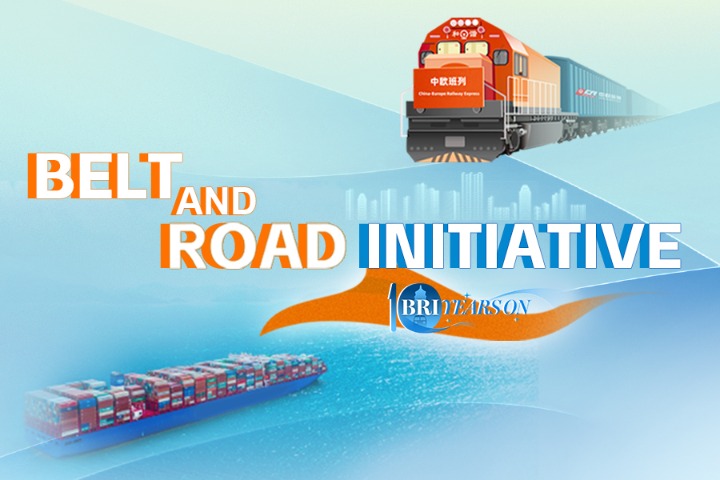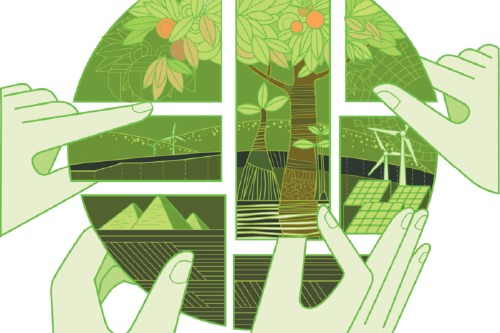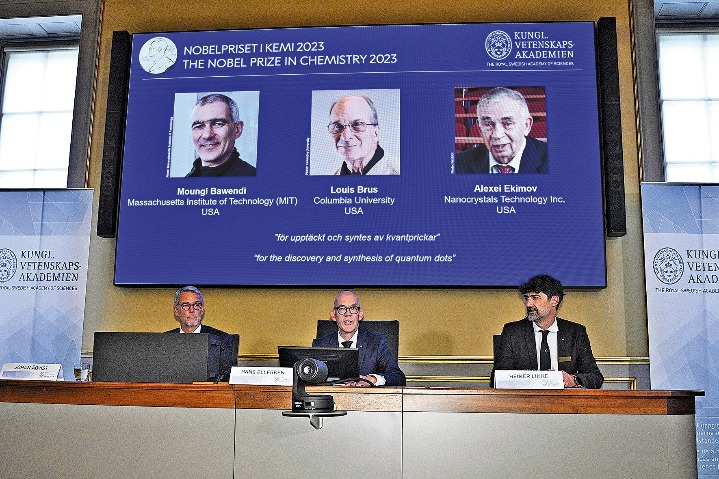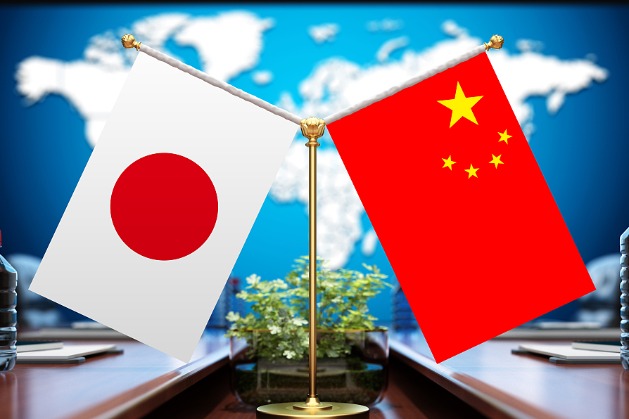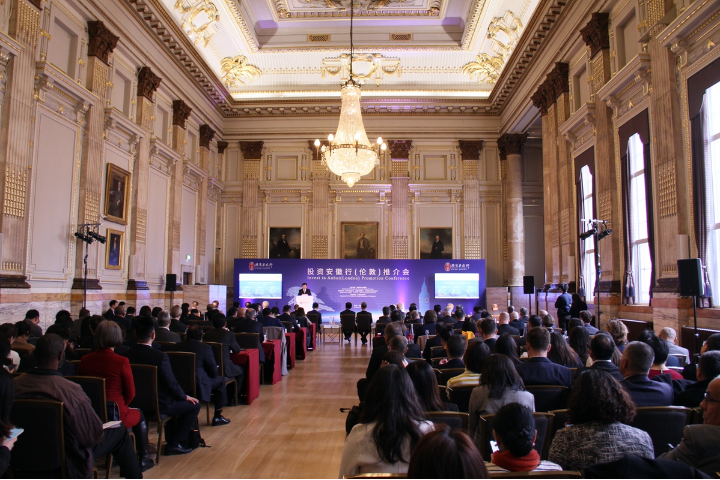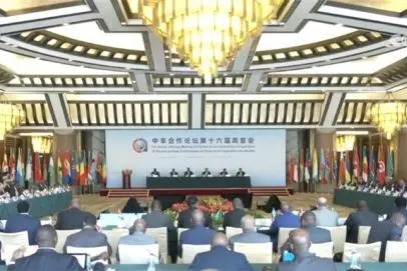Solar panel prowess of nation should not be viewed as a 'threat'


In a recent opinion piece in The New York Times, a former United States deputy trade representative pressed the panic button over a special report by the Paris-based International Energy Agency that said China currently dominates global solar photovoltaic supply chains.
According to the report, China's share in all the manufacturing stages of solar panels (such as polysilicon, ingots, wafers, cells and modules) exceeds 80 percent, more than double its share of global photovoltaic demand. In addition, China is home to the world's 10 top suppliers of solar photovoltaic manufacturing equipment.
The report points out that China has been instrumental in bringing down costs worldwide for solar photovoltaic products, with multiple benefits for clean-energy transition. At the same time, the level of geographical concentration in global supply chains also creates potential challenges that governments need to address.
The former US deputy trade representative, Robert Holleyman, who served in the administration of former president Barack Obama, claimed that China's State-subsidized competition has decimated the US' solar panel industry. The US share of solar component shipments worldwide fell from 13 percent in 2004 to less than 1 percent in 2021.
He argued that failure to create a strong domestic solar manufacturing industry leaves the US and its carbon-reduction goals not just dependent on China, but also vulnerable should China block or threaten to block its solar exports as a form of retaliation in the future.
He urged the administration of President Joe Biden to tighten tariff enforcement on China's solar panel imports allegedly via third countries in Southeast Asia, and ensure that the US Congress reaches a spending deal for large-scale clean-energy development and solar manufacturing tax credits, with an ostensible objective of decoupling from China's solar panel industry.
This latest saga of solar panels appears to be part and parcel of a persistent US bipartisan "China threat" narrative. Often, there is a tendency toward an indiscriminate decoupling strategy based on political correctness rather than reasoned analysis of costs and benefits.
For example, the Biden administration seems to have discovered recently that indiscriminate decoupling with or without tariffs could be a two-edged sword, hurting domestic interests by way of painful supply chain disruptions, rising costs of living and inflationary pressures on the Federal Reserve's freedom to maneuver.
Hence, there has been recent speculation that Biden may decide to cancel some of former president Donald Trump's tariffs on China's household goods.
The need for the United States to take a more targeted approach to strategic decoupling is expounded in depth in a Carnegie Endowment for International Peace report. The report recognizes that the US technology base is thoroughly enmeshed with China in a larger, globe-spanning technological web.
Without a clear strategy, there are risks of doing too little or, more likely, too much, to curb technological interdependence with China. In particular, Washington may accidentally set in motion a chaotic, runaway decoupling that it cannot predict or control.
Coming back to solar panels, it is important to recognize, first, that this is first and foremost a question of productive capacity, rather than cutting-edge strategic technologies.
The world's biggest manufacturer, China is the largest producer of many things under the sun, not just solar panels. This is enabled by a massive nationwide, interconnected manufacturing base, a global logistics network including seven of the world's top 10 container ports (including Hong Kong's), and global Belt and Road linkages, not forgetting a "Digital Silk Road" of e-commerce.
Second, thanks to its huge labor pool and much lower costs of living, China is able to produce things like solar panels much more economically, with or without State subsidies.
Third, it is in China's strategic interest to combat climate change, not just for ecological sustainability but also to wean the nation's heavy dependence on imported energy.
In the Hong Kong Special Administrative Region, under the Climate Action Plan 2050, the government is taking the lead in promoting the use of renewable energy on government premises and incentivizing the private sector to do the same.
With Hong Kong's dense urban concentration of apartment buildings and offices and plentiful sunshine, the city's demand for solar panels and other photovoltaic materials is bound to explode in the decades to come.
Fourth, as the whole world is embracing renewable energy, there is no lack of customers for China's competitively priced solar panels. By all means, rebuild America's solar industry, but hasty decoupling from China's solar panels would not only substantially increase the costs of the US' renewable energy transition, but possibly slow its green-energy trajectory due to inadequate substitutes or supply bottlenecks.
Fifth, it is questionable whether across-the-board decoupling from China would work. For all the talk of decoupling, US-China trade swelled more than 20 percent last year, to $687.2 billion, while foreign direct investment inflows rose by a third to an all-time high of $334 billion. In the first quarter of this year, they grew by more than 25 percent year-on-year, according to the Beijing-based Center for China and Globalization.
Meanwhile, there are plenty of global issues like climate change, reform of world institutions, nuclear non-proliferation and regional stability that both great powers can mull over and cooperate on, and compete as appropriate.
The author is an independent China strategist and former director-general of social welfare for Hong Kong. The views do not necessarily reflect those of China Daily.






















